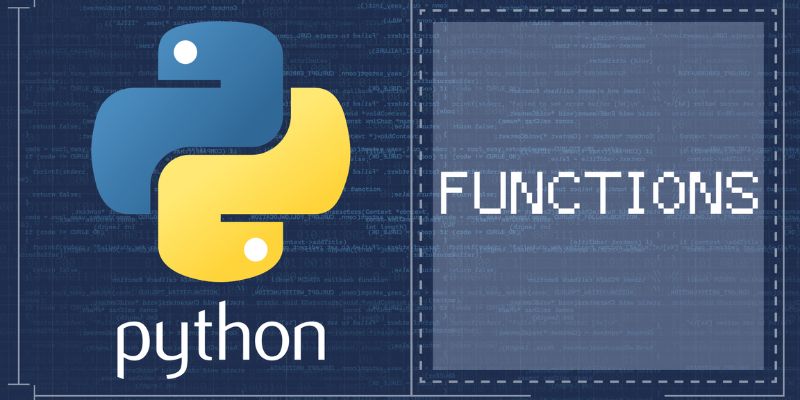Python, a versatile and powerful programming language, owes much of its acclaim to its robust set of features, one of which is the ability to define and utilize functions. Functions plays a vital role in Python programming, offering a way to encapsulate reusable code, enhance modularity, and promote code readability. In this blog, we delve into the Functionality of Python Functions, exploring their syntax, applications, and the myriad benefits. Are you looking to advance your career in Python? Get started today with the Python Training in Chennai from FITA Academy!
Understanding Python Functions
At its core, a function in Python is a blocks of code that performs a specific task. It takes input parameters, processes them, and returns a result. The syntax for defining a function is simple yet powerful:
def my_function(parameter1, parameter2):
# Code block # Perform operations using parameters
result = parameter1 + parameter2
return result
Here, my_function is a basic example that takes two parameters and returns their sum. This encapsulation of functionality allows for code reuse, making Python code more modular and maintainable.
Versatility in Function Parameters
Python functions support various types of parameters, including positional, keyword, and default parameters. This flexibility empowers developers to write functions that cater to diverse requirements.
def diverse_function(positional_param, default_param=10, *args, **kwargs):
# Code block # Perform operations with parameters
result = positional_param + default_param
for arg in args:
result += arg for key, value in kwargs.items():
result += value
return result
Here, diverse_function showcases the use of positional and default parameters, as well as variable-length arguments (*args) and keyword arguments (**kwargs). This adaptability makes Python functions suitable for a wide range of scenarios.
Lambda Functions
In addition to conventional functions, Python supports lambda functions, also known as anonymous functions. Lambda functions are concise one-liners, particularly useful for short-lived operations.
multiply = lambda x, y: x * y
result = multiply(5, 3)
In this example, the multiply lambda function takes two parameters and returns their product. Lambda functions are handy for situations where a small, temporary function is needed. Learn all the Python techniques and Become a Python developer Expert. Enroll in our Python Training in Chennai.
Applications of Python Functions
The utility of Python functions extends far beyond simple arithmetic operations. They are integral to various programming paradigms and are extensively used in web development, data science, machine learning, and more.
Web Development
Functions are crucial in web development for creating modular and reusable code. Frameworks like Django and Flask heavily rely on functions to handle HTTP requests, define routes, and structure the application logic.
Data Science and Machine Learning
In data science and machine learning, functions encapsulate complex algorithms and data processing steps. Libraries like NumPy and TensorFlow leverage functions to enhance code efficiency and readability.
Python functions are pivotal to Python’s success, empowering developers to craft efficient, modular, and readable code. Whether a beginner or pro, mastering functions is key for elegant and maintainable Python programming. Embrace their power for full potential. Looking for a career as a python developer? Enroll in this professional Programming Languages Institutes in Chennai and learn from experts about Important Programming Basics in Python, Loops, Control Statements, Functions, Modules and Packages in Python.
Read more: Python Interview Questions and Answers

